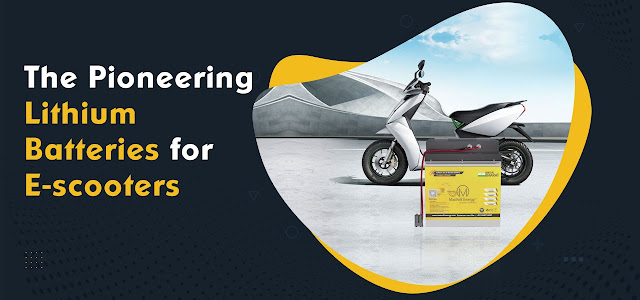Why Is It Important to Recycle Lithium-Ion Batteries?
EVs are all the rage and could spur a clean energy revolution. Most lithium-ion batteries are used in consumer electronics, such as computers, phones, tablets, and other electronic devices. Their applications have grown to include stationary storage applications and electric automobiles (EVs). These batteries are in high demand due to their long-term performance and power density, capacity to keep a charge for an extended period, low self-discharge, and fast charging rates.
The process of separating the components of a lithium-ion battery to recycle and reuse them is both expensive and challenging. Nowadays, lithium-ion battery recycling exists, but not on the scale or with the efficiency that we require as batteries become more widespread.
Why is it vital to recycle lithium-ion solar and electric vehicle batteries?
Recycling solar and electric vehicle batteries is crucial for two reasons: recovering materials and safeguarding the environment.
There are various advantages to recycling lithium-ion batteries:
Environmentalists and battery experts agree that recycling can help recover valuable materials. Nickel and cobalt are two common high-cost cathode metals. Their prices have fluctuated over time.
Many LIBs have significant amounts of manganese, lithium, nickel, and cobalt, which exceeds the concentration of highly enriched ore. Thus, if these metals are recovered on a large scale from end-of-life batteries, they can provide the same benefits as natural ore.
Recycling would assist in limiting the amount of electrical waste that ends up in landfills.
Lithium-ion batteries can be recycled to enhance supply chain security and reduce environmental and human impacts.
In other words, increased recycling would reduce the need for virgin materials and harm the environment.
Tips for Avoiding the Risks of Lithium-ion Battery Recycling
Lithium-ion battery recycling necessitates the use of specialized equipment and techniques. As a result, only well-equipped and specialized recycling crews handle them. These batteries must be handled with care before shipment due to their sensitivity. Failure to treat damaged, malfunctioning, or end-of-life lithium-ion batteries might increase the likelihood of a high-temperature catastrophe.
There are various dos and don'ts to remember when dealing with these batteries.
Dos
If possible, remove the damaged or malfunctioning battery from the device. It is best to recycle the entire unit if it is not safe to remove the battery.
Keep faulty batteries in an anti-static bag.
To avoid a fire outbreak, keep the container dry and cool.
Make sure that hazardous materials are delivered to a certified recycling team that knows how to handle them safely.
Always tape or cover up any exposed connectors.
Don’ts
Do not dispose of broken or defective batteries in conventional garbage cans.
To avoid short-circuiting or leakage, do not puncture or compress the batteries.
Keep broken or faulty batteries away from combustible items.
Do not keep immense quantities of these batteries around.
To know more about batteries and recycling systems contact Maxvolt Energy, the lithium-ion battery manufacturer in Noida.

.jpg)


Comments
Post a Comment